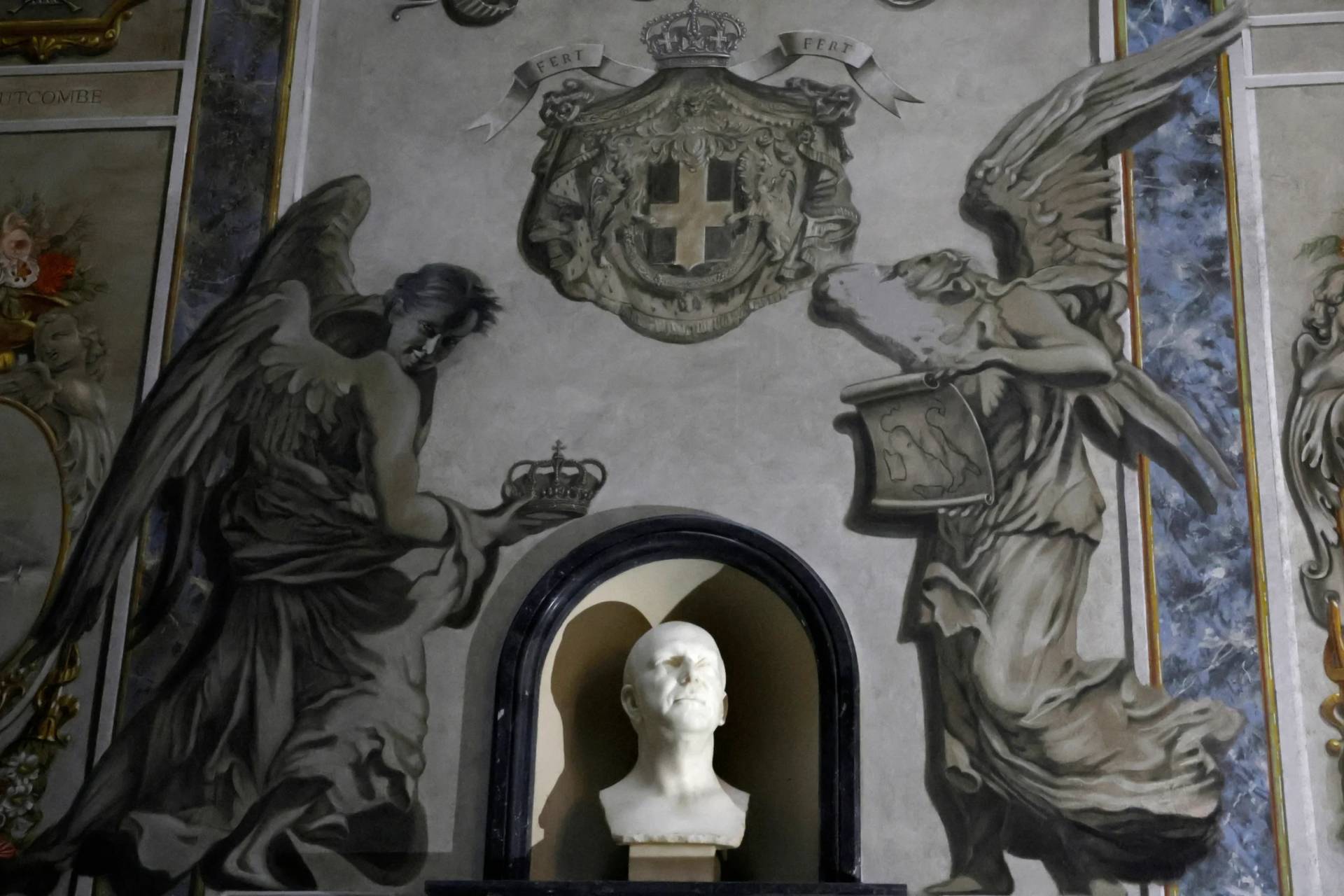Just days after the head of the Australian Catholic bishops’s conference said that employees of Catholic institutions could be fired for entering same-sex marriages, a new poll shows that a majority of Australian Catholics are in favor of legalizing those marriages.
In November, Australia will hold a postal plebiscite that will ask citizens whether same-sex marriage should be legalized in the country.
Unlike a referendum, where the citizens’ vote often changes the law or at least cannot be easily dismissed, the plebiscite is only a sampling of public opinion and is not legally binding.
The poll, commissioned by the “Equality” campaign, found that 66 percent of Australians support legalization overall, including 58 percent of people of faith. That number, however, rises to two-thirds of Catholics in support of same-sex marriage.
Strikingly, Catholic support was roughly the same as among followers of non-Christian religions, and higher than other Christian groups such as Anglicans, the Uniting Church and the Church of England. However, it’s not entirely clear how wide the gap actually was since the poll comes with an eight percent margin of error within each specific category.
The overall results echoed a survey by the firm of Crosby/Textor in 2014, which also found two thirds of Catholics backed same-sex marriage, and put the overall level of support at 72 percent.
In a recent interview, the campaign’s executive director, Tiernan Brady, argued that this plebiscite is limited to the question of civil marriage.
“Allowing lesbian and gay couples to have access to civil marriage will not interfere in any way with any religious sacrament, and nor should it,” he said.
There are five million Catholics in Australia, and recently Archbishop Denis Hart of Melbourne issued a warning that Catholic employees would be expected to live according to teaching, regardless of the outcome of the vote.
“Our teachers, our parish employees are expected totally to uphold the Catholic faith and what we believe about marriage. People have to see in words and in example that our teaching of marriage is underlined,” he said.
A pamphlet published by the Australian Bishops’ Conference earlier this month argues that insisting that marriage is a relationship between a man and a woman is “not a criticism of other kinds of relationships.
“The recognition that marriage is between a man and a woman is not the assertion of bigotry, religious dogma or irrational tradition, but a recognition of human ecology,” they said.
Monica Doumit, spokeswoman for the “Coalition for Marriage,” said despite the poll results, people of faith will “continue to be concerned” about the implications of same-sex marriage for religious freedom in Australia.
“This is about more than the narrow protections offered to professional clergy,” she told the Sydney Morning Herald. Rather, she said, it’s about the ability for religious people to express their view on marriage without fear of intimidation.















